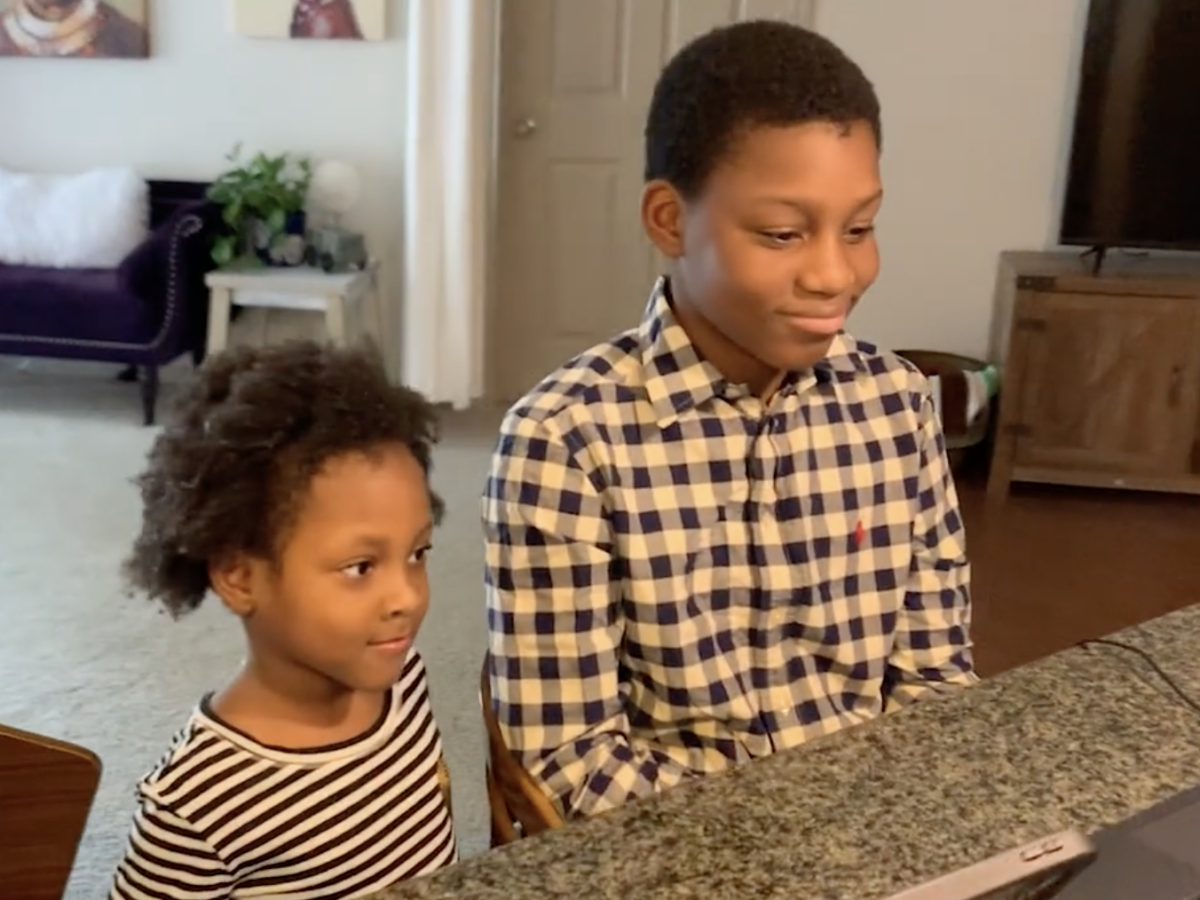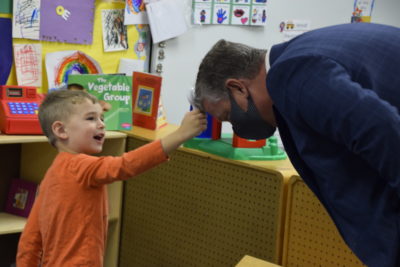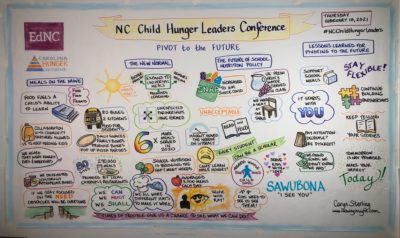
For nearly a year, Francine Cavanaugh has been “winging it,” she said, as an unemployed single mother with a high schooler in Asheville, North Carolina. Her 15-year-old son, Winter, has been largely unmotivated by online learning. Some days, Cavanaugh sketches out a rough schedule of activities to make sure he eats between online classes and gets outside, which he often ignores.
In Houston, Thalia Micah has shepherded her two children through distance learning for a year after losing her job as a massage therapist last spring. She’s juggling their remote work with her own as she tries to finish a master’s degree in acupuncture and a doctorate in Chinese medicine.
And in Sandwich, Massachusetts, Alyssa Kjendal has been home with her nine children for a year. Her kids, who were home-schooled prior to the pandemic, were already used to online learning, but they miss the communities outside their home, like church, that kept them connected to others. Alone time has been almost nonexistent for Kjendal, yet she feels “isolated” without outside social interaction. Her husband works three jobs to support the family.
Parents across the country have dealt with impossible situations during the pandemic: balancing careers with child care, managing intense distance-learning schedules, struggling to find nutritious food amidst unemployment and, in many cases, trying to avoid eviction and keep a roof over their heads. Data on parents, and especially mothers, shows the pandemic is having a severe impact on careers, financial stability, and mental health.
“Many, many families are facing reduced employment or loss of employment,” said Stephanie Jones, co-director of the Saul Zaentz Early Education Initiative at Harvard’s Graduate School of Education. “They are struggling to make ends meet.” This can lead to the type of extreme stress and anxiety that has an impact on the entire family, Jones said. “It can influence how adults and children interact. It can disrupt routines in households. All of those things can influence how children are doing.”
Since March 2020, Cavanaugh, Micah, and Kjendal have opened up their lives to show their day-to-day experiences during the pandemic. The families’ personal videos and stories, filmed in part on their phones, are highlighted in the documentary “Remotely Learning,” produced and directed by Jody Hassett Sanchez in partnership with the Hechinger Report.
Their stories echo the reality faced by millions of women over the last year: Women have lost more than 4.6 million payroll jobs since the pandemic began, decreasing their participation in the workforce to levels not seen since the late 1980s. More than 30 percent of women ages 25 to 44 said a lack of child care was the reason for that unemployment. The situation is leading to extreme stress for mothers: Women are 28% more likely to experience burnout than fathers. And many of these issues are even more dire for women of color, who face higher unemployment rates than white women.
Micah said anxiety about the racial conflicts of last year added to the stress of losing her job. She hasn’t been sleeping well, and in January, she experienced a panic attack while watching the assault on the Capitol. “I also worry about other things as a Black woman, and I have Black kids,” Micah said. “So I don’t just worry about the pandemic. I worry a lot more, like, when I go out. Is someone going to act crazy?”
In Massachusetts, Kjendal has had to sacrifice sleep to carve out quiet time for herself, waking up an hour before her family to exercise. “Even just looking at the basement wall, on the treadmill, to be by myself,” she said.
Early in the pandemic, Cavanaugh’s fears about the mental health impacts on her son compounded her own worries. Initially, she tried to set up socially distant activities for Winter, but he resisted, saying he didn’t see the point. She said, “It’s so hard to watch.”
As the pandemic continues, these mothers say it’s critical that people acknowledge their plight and that of others like them, even as they see light at the end of the tunnel and glimpses of improvement in how their children are handling this year. “I feel like once this is over, our country will struggle with mental health,” Micah said. “I do hope that we have a plan of attack for mental health issues, because that’s inevitable.”
This article was first published by The Hechinger Report. It has been posted with the author’s permission.
Recommended reading




